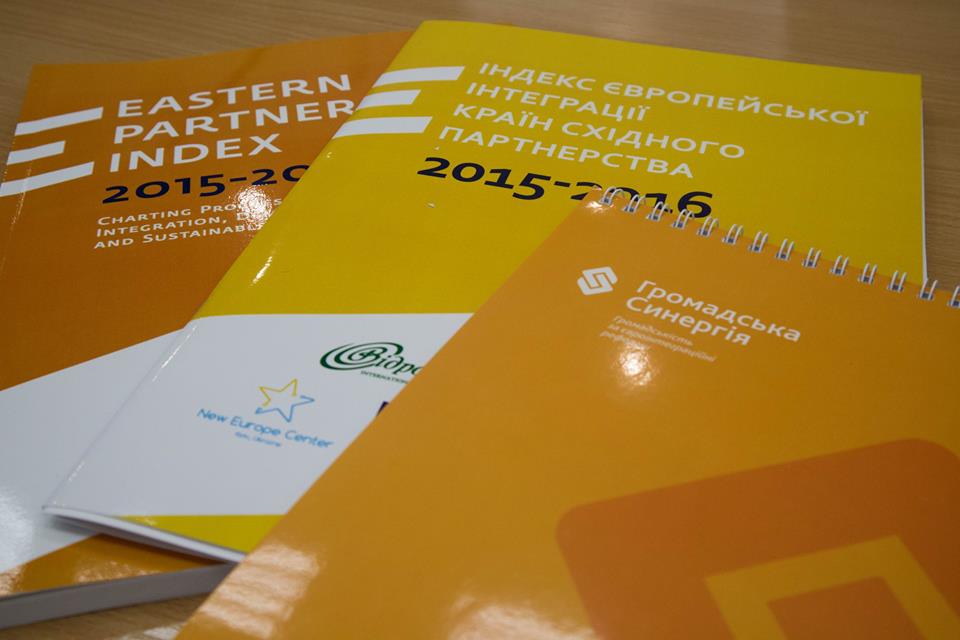Many foreign leaders have offered diagnoses of Vladimir Putin and his regime – Germany’s Angela Merkel has suggested he is living in an alternative reality – but few are more qualified to do so than Vaira Vīķe-Freiberga, Latvia’s former president who was trained as a clinical psychologist and worked in that field for many years.

Thus, her comments to the Yalta European Strategy Forum in Kyiv last weekend merit particular attention. Among her most important observations are the following:
“At the beginning of my career,” Vike-Freiberga said, “I dealt with such people. I saw what psychopaths and people with serious psychological illnesses are like. They can change remarkably quickly and begin to shout hysterically. One can expect just such unexpectedness even from the heads of states.”
Indeed, such people often appear to gain by being unpredictable, she adds.
In dealing with the world, “we must hope for the better but be prepared for the worst. We hope that there will be a world in which we will have good neighbors, sympathetic to our needs, peaceful and not paranoid in dealing with reality. But we must be alert. And when it is necessary to defend ourselves, we must decisively oppose any harsh and insane efforts.”
To defend itself, Ukraine needs more than the West has given it so far, although the West has done more than one might have expected, she says. “We in Latvia feel ourselves secure because we joined NATO. Small in terms of territory and population, we could not defend ourselves.”
And having endured 50 years of occupation, “we know what that is.”
After the USSR fell apart, Ukraine thought it could continue “without radical changes” at home and in its relations with others. “Now you have had to pay a heavy price to be convinced that this is not the case.”
When such people invade your territory, however, the only thing to do is to defend oneself, the Latvian leader says, rather than listen to Russian claims about its “’special status, to which all of us must bow down and show respect.” Russia is a large country but that “doesn’t give them any privileges” over others. Thinking otherwise only creates problems.
“We have our manners, rules of behavior, international agreements and principles,” Vike-Freiberga says. Now the Russian attack has “unceremoniously” violated them. We “don’t need to turn to psychoanalysis” or think that it is “so important ‘to understand Russia’s feelings.’” We need to defend against it.







